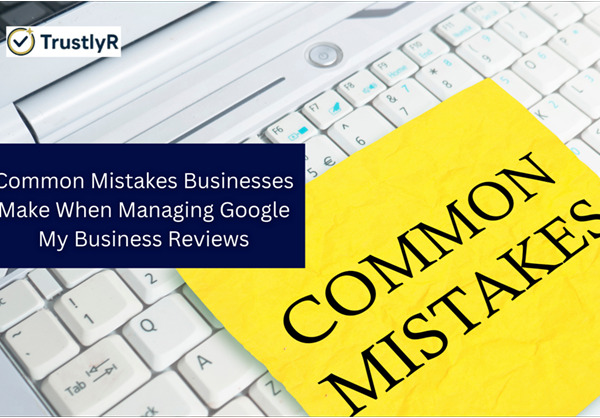Best Way to Prevent SSL Certificate Expiry Before It Happens

I’ve worked with website security and maintenance for years, and if there’s one thing I’ve learned, it’s that even experienced site managers overlook SSL certificate expirations more often than they should. I’ve seen live projects drop offline, businesses lose sales, and reputations take hits, all because of something that could’ve been avoided with a simple alert. I recommend only what makes sense to me and what fits practical business needs. When I suggest a solution, I do it because I believe it works, not because of hype. That’s exactly why I want to talk about SSL certificate monitoring and why CertNotifier stands out as a smart choice.
The Real Risk of Expired Certificates
If you’re managing multiple websites, especially ones for clients, missing a certificate expiration can lead to immediate consequences. Your visitors see warning messages. Your SEO takes a hit. Worst case, the site becomes inaccessible. The problem is, a lot of us have relied on Let’s Encrypt for expiration emails. But as of June 4, 2025, they’re officially stopping those notifications.
That leaves a gap you can’t afford to ignore. You either build your own alert system, which can get messy and unreliable, or you look for a replacement that does the job well and doesn’t waste your time.
The Simple Solution That Works
That’s where certificate expiration monitoring comes in. CertNotifier fills this need without overcomplicating anything. I’ve reviewed other tools before, but most try to bundle SSL tracking with other services you don’t need. That just adds clutter and confusion. CertNotifier avoids that. They’ve built a platform with a single purpose: monitor SSL certificates and alert you before anything expires or goes invalid. That’s it. And it works.
What CertNotifier Offers That Others Don’t
CertNotifier doesn’t try to be everything. It’s focused on SSL alerts, and that’s what makes it reliable. You can monitor three domains for $9.99 a year. Or if you’re one of the first 1,000 users, you get it at $7.77 annually, which breaks down to just under 65 cents a month. That’s a small price to pay for keeping your sites online and trusted.
Each domain can have up to three separate notification destinations. You can set alerts to go to you, a teammate, or a client. The alerts are sent out at 60, 30, 14, 7, 3, and 1 day before the expiration. You also get notified if the certificate suddenly becomes invalid, which can happen due to misconfigurations or revoked certs.
Why Automation Isn’t Always Enough
If you’re thinking, “I already have automatic renewals set up,” I get it. But automation can fail silently. I’ve seen cases where Certbot crashed, or where renewal scripts got blocked by server permission changes. If you’re not watching those events closely, you find out something’s wrong when it’s too late.
Even if you’re running custom scripts to check for validity, there’s still the question of how you’ll send alerts when something breaks. CertNotifier handles this independently, and because it doesn’t rely on your environment, it gives you a second layer of visibility. That’s the kind of redundancy you want.
Quick Setup, No Learning Curve
One of the best things about CertNotifier is that setup takes minutes. You select a domain, make a secure payment, configure your alerts, and you’re covered. There’s no steep learning curve, no setup complexity. You don’t have to download anything, and you don’t need DNS or server access to use it.
It’s designed for people like you and me who want results fast without sacrificing reliability. Whether you’re managing five websites or 50, being able to monitor domains you don’t directly control is a major plus, especially if you’re doing agency work or overseeing multiple client properties.
Why CertNotifier Makes Sense Now
Let’s Encrypt stopped their reminder system because it cost too much to maintain at scale. They’ve shifted responsibility back to users. That’s fine if you’re running one personal blog, but if you’re responsible for uptime across multiple properties, that shift creates real exposure.
CertNotifier is affordable, lightweight, and solves the problem without unnecessary features or fluff. That’s what I look for in any tool I recommend. It solves one job and does it well. I trust services like that far more than bloated platforms that try to do everything at once.
If you haven’t already replaced Let’s Encrypt’s email reminders, I strongly recommend setting something up before you forget. CertNotifier is the most straightforward and dependable option I’ve come across. Use it as a backup to your automation, or rely on it fully. Either way, you’ll avoid embarrassing outages and maintain trust with your visitors and clients.






